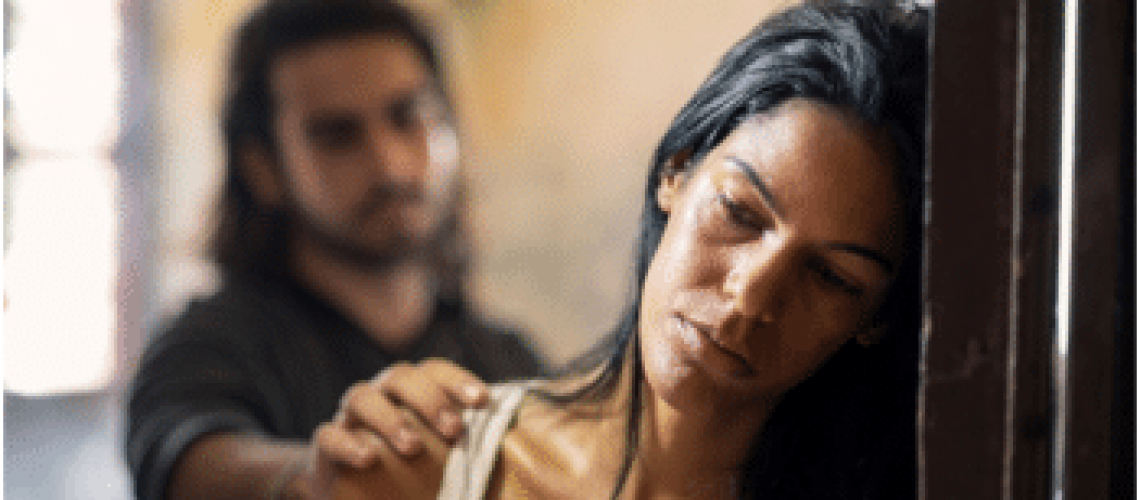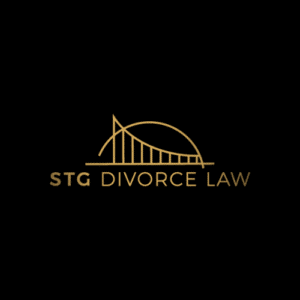Recent surveys and studies have indicated that domestic violence is a widespread issue across the country, and one that does not receive as much discussion time as is needed. The “No More” survey from the Avon Foundation for Women discovered that more than 50% of Americans hadn’t discussed domestic violence or sexual assault with their friends. Research cites that an estimated 22 percent of Americans have personally been victims of domestic violence. Despite the evidence that domestic violence is an issue of concern across the country, there is less conversation about and recognition of the impacts of domestic violence, which can lead some victims to think that they have no options. Hiring an attorney to get a domestic violence protection order, however, can help protect those who have suffered.
If you or a loved one is a victim of domestic violence, an order of protection can outline certain behavior that restricts the activities and opportunities for an abuser to hurt you again. Protective orders can ban the abuser from your residence, require the abuser to attend counseling sessions, prohibit further threats and acts of violence, and specify any visitation rights with regard to children.
Your protection order can be filed by your attorney in civil court, during a criminal trial regarding the abuse, and requested as part of your divorce proceedings. Since the wording of a protection order is so important, you’ll want to review the options with your attorney before filing the paperwork. Your protection order should clearly outline the existing concerns as well as recommended stipulations to protect you and your children in the future. Once you have received a protective order, there are serious consequences if the abuser attempts to violate it. The abuser can be ordered to jail on the first offense and multiple offenses can be classified as a felony. If you think that you need an order of protection for your safety, contact a qualified Illinois family law attorney today.


